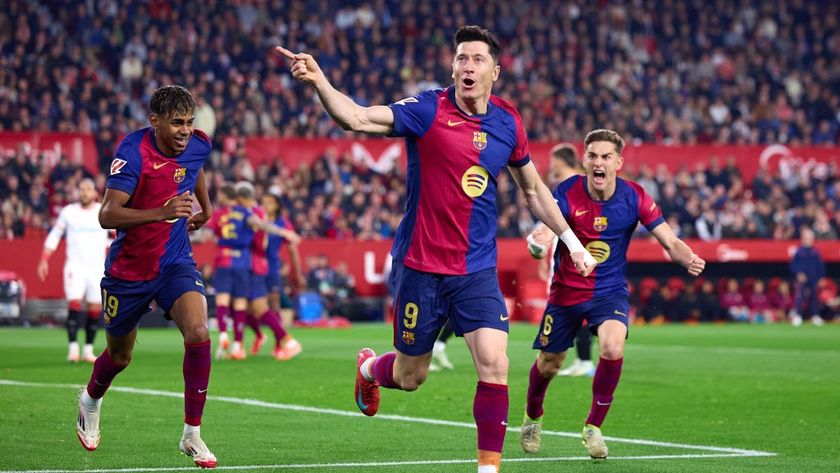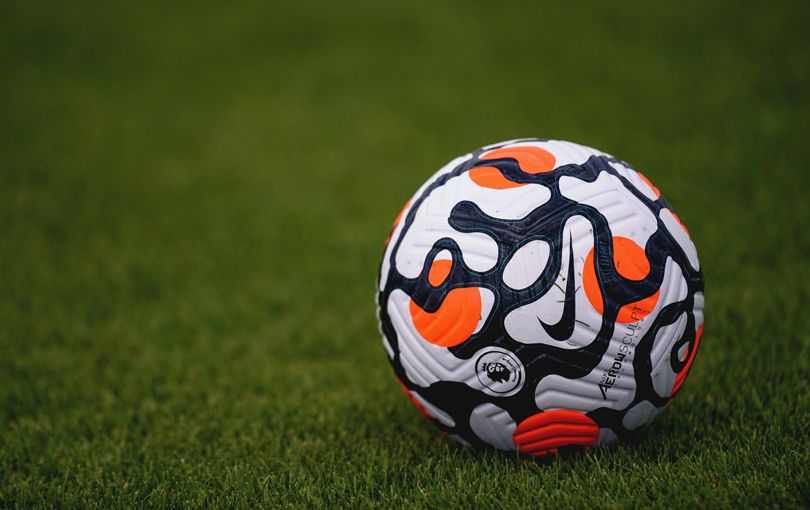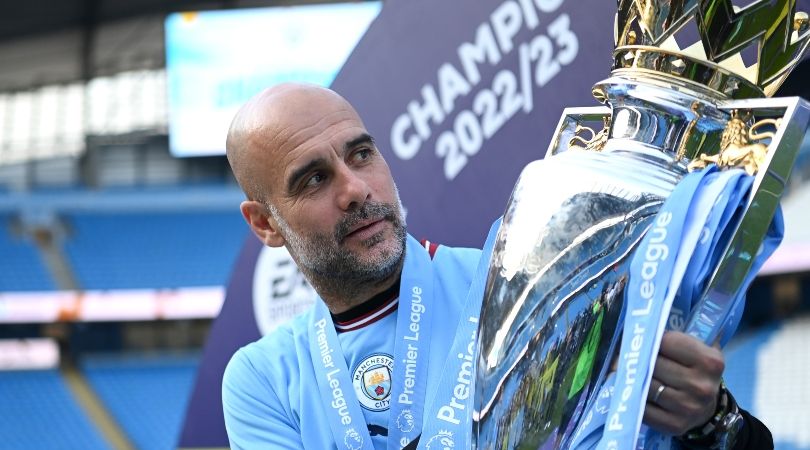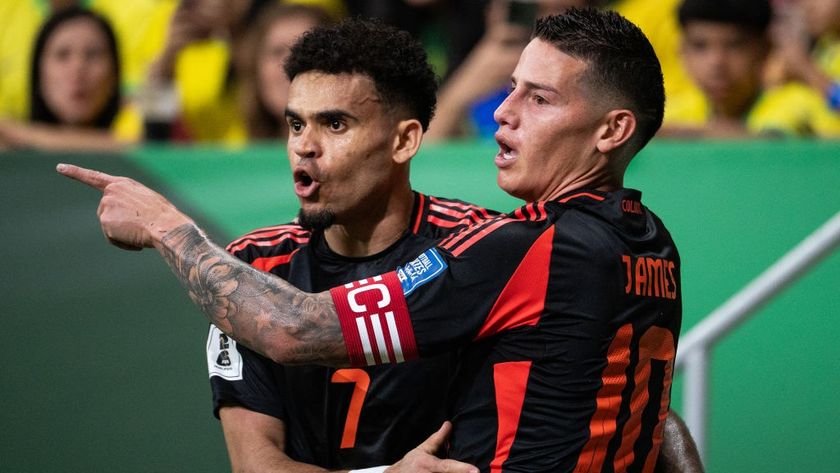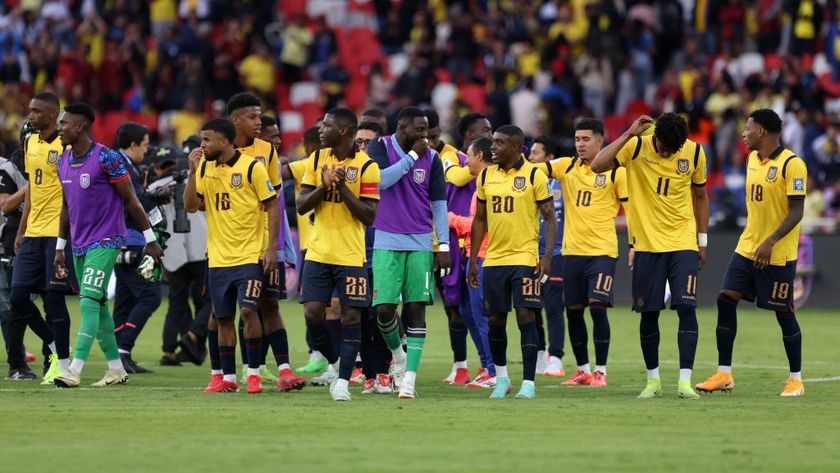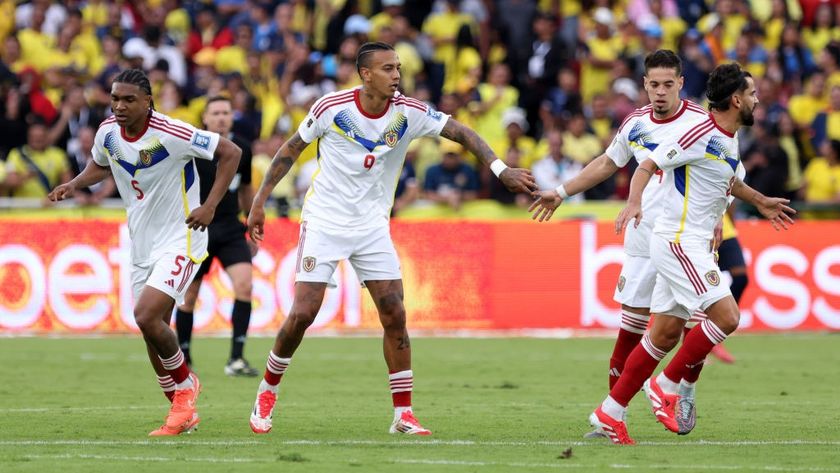Why Blaise Matuidi is the key player for France's World Cup hopes
James Eastham assesses why Blaise Matuidi could be the key man for France as they head to Brazil looking for World Cup glory...
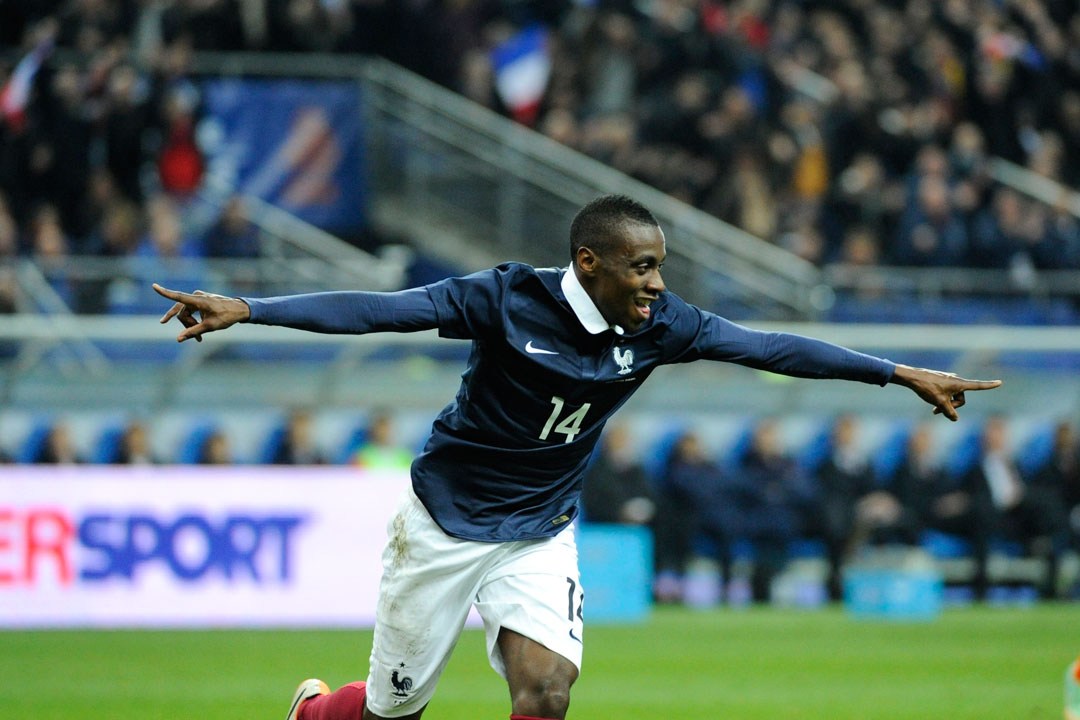
As a summary of Blaise Matuidi's qualities, Laurent Blanc's pre-Euro 2012 statement is difficult to better. "Every time PSG sign a new player people say Blaise won't get in the team any more," said Blanc, France manager at the time. "But all coaches - whether it's [former PSG manager Carlo] Ancelotti or me - know he's a warrior. He's a sweet-natured guy, but as soon as he gets his shorts and boots on, he gives everything.
He offers interesting options because he can play a defensive role, but also get forward and cover the entire left flank. He's important in terms of squad spirit as well because he always has a willing and positive attitude."
It's easy to forget Matuidi was far from an automatic pick for Euro 2012 and didn't make a single appearance at the tournament. Since then, he has developed into one of PSG and France's most important players. Inspired rather than inhibited by his club's vast wealth, he has broadened his game to such a degree that the €7.5 million fee Paris paid St Etienne to secure his services in 2011 now appears a bargain.
While compatriots - Kevin Gameiro, Guillaume Hoarau, and even symbolic youth product Mamadou Sakho - have been forced out by expensive imports, Matuidi has played his way into the 'unsellable' category.
When a legal dispute between his current and former agents delayed him extending his PSG contract earlier this year, it was his club, rather than the player, left sweating about where Matuidi might end up. When Yohan Cabaye arrived from Newcastle United for €25 million in January, it was Italy international Marco Verratti, rather than Matuidi, whose place in the side came under threat.
The man with four lungs
In Brazil, Matuidi will operate on the left-hand side of France's three-man midfield in a system that - at first, at least - will be a fairly conventional 4-3-3. The fact that 27-year-old Matuidi will play in exactly the same position as he does for PSG improves his chances of shining during the finals. His role is known in France as the ‘milieu relayeur’ - the shuttle-runner, the give-and-getter, the odd-job man plugging the gaps.
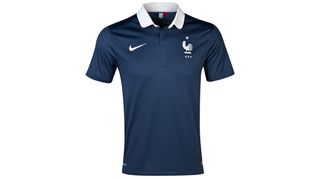
Matuidi is the ideal candidate for the post because he gives the impression of having four lungs. If ever you see a PSG player chasing down an opponent in injury-time or making a 20-yard burst deep into enemy territory with only a couple of minutes on the clock, the chances are it will be Matuidi.
His stamina and recovery levels are so high he can make repeated, high-intensity sprints over 90 minutes rather than 60 or 70 minutes. In this respect he offers something completely different to France’s other two first-choice midfielders: Cabaye will sit deep and use his positional sense and passing skills to shape games, while Paul Pogba has yet to find a way (and is yet to start looking particularly hard, you might argue) to consistently maximise his formidable athletic gifts.
Get FourFourTwo Newsletter
The best features, fun and footballing quizzes, straight to your inbox every week.
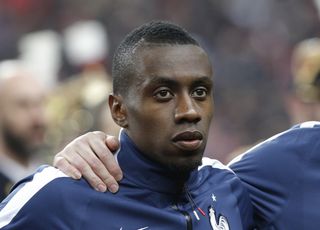
Matuidi's left-footedness is another stand-out quality. To an extent his presence recalls that of Emmanuel Petit in 1998, when the Arsenal midfielder was called into France’s victorious starting XI shortly before the finals.
"I just kept thinking - that left foot, that left foot...." admitted France coach Aime Jacquet when he explained his decision to promote Petit ahead of Christian Karembeu in the midfield pecking order. Like Petit, Matuidi’s ‘left-facing’ style of play - allied to that boundless energy - will provide excellent cover up and down the left flank.
If Patrice Evra gets picked at left-back then Matuidi will have to fill holes up and down that wing when the Manchester United defender's ageing legs inevitably let him down. If, instead, Matuidi's PSG team-mate Lucas Digne gets the nod at left-back then Matuidi should have more opportunities to get forward from central midfield areas because Digne and Ribery (or Antoine Griezmann, should Ribery succumb to the injury that is troubling him at the time of writing) would form an energetic tandem on the flank.
Improved attacking ability
Matuidi’s driving runs and ability to be productive when he gets into advanced areas are the most striking example of how he's expanded his repertoire over the past two years. In four seasons as a St Etienne player (2007-11) combined with his first season at PSG (2011-12) he scored four times in 151 Ligue 1 appearances (a goal every 3,343 minutes).
In the past two seasons, he's scored 10 times in 73 appearances (a goal every 569 minutes). By adding goals to his make-up, Matuidi has smartly complemented, rather than merely replicated, the attributes of his team-mates, thereby increasing his value to the side (Thiago Motta and Verratti, the other two members of PSG's midfield trio, have managed just four goals between them over the past two seasons at a rate of a goal every 1,794 minutes).
The first clear sign that Matuidi now feels ready to transfer his improving attacking instincts on to the international stage came when he scored a wonder-goal in France's 2-0 friendly international win over Holland in March.
All coaches - whether it's Carlo Ancelotti or me - know he's a warrior."
The potential downside to Matuidi now being an accomplished all-rounder is that he may end up trying to do too much, causing his influence to wane. That's a concern, but it’s offset by the fact he has a highly-developed understanding of where he should be, when and why.
For example, his passing ability is good rather than excellent, but his awareness of his own strengths and limitations means he gives away possession far less frequently than you might expect for a player generally operating in the most hectic parts of the pitch: according to Whoscored.com, Matuidi had the fourth-best pass success rate (92.0%) in Ligue 1 in 2013/14.
The ‘new Tigana’
The midfield understudies in Didier Deschamps’ squad are Moussa Sissoko, Clement Grenier and Rio Mavuba. While Sissoko and Mavuba may be able to do some of the things Matuidi does, neither the Newcastle United man nor the Lille captain combines Matuidi's attributes in one, compact package. The player to whom Matuidi is most often compared is Jean Tigana, a member of that magnificent France 1980s midfield.
It's easy to see why: like Matuidi, Tigana was a wiry, tenacious and intelligent player, whose slight frame belied his power and energy; like Tigana, Matuidi has the ability to cover acres of pitch, intercept as much as tackle and a built-in sense of when to stay and when to go.
Footage of what is arguably Tigana's most famous moment in a France shirt - his remarkable, last-minute burst to the byline and pull-back (from 8mins 0 secs) to set-up Michel Platini's coolly taken winner in France's dramatic 3-2 extra-time semi-final win over Portugal at Euro '84 - provides a snapshot of the energy and lucidity Matuidi may provide for France in Brazil this summer.
Matuidi may not be the most eye-catching or best-known name in the France team – but he’s one of the most important. As Blanc said two summers ago, every coach knows how good the PSG man is. The rest of the world may be about to find out as well.

James Eastham is a specialist writer covering French football. He has written for The Guardian, The Independent and When Saturday Comes magazine. He’s interviewed many leading figures in the French game, including Didier Deschamps and Kylian Mbappe. For a decade he also worked as a freelance football scout, covering games at all levels from U16 to the senior national team across France
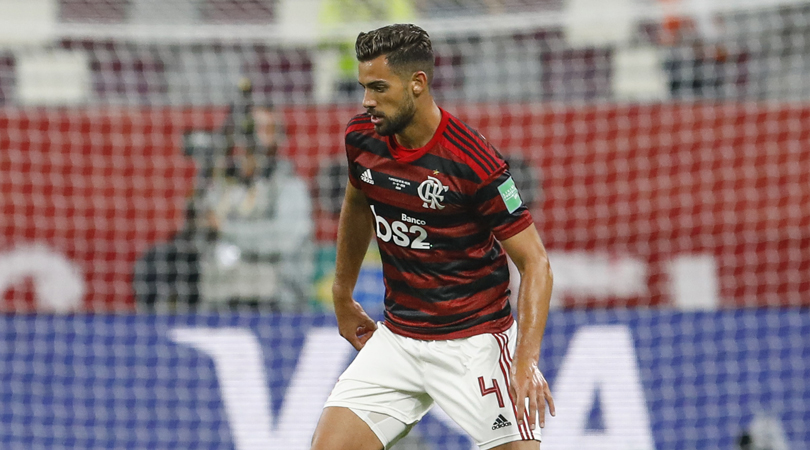
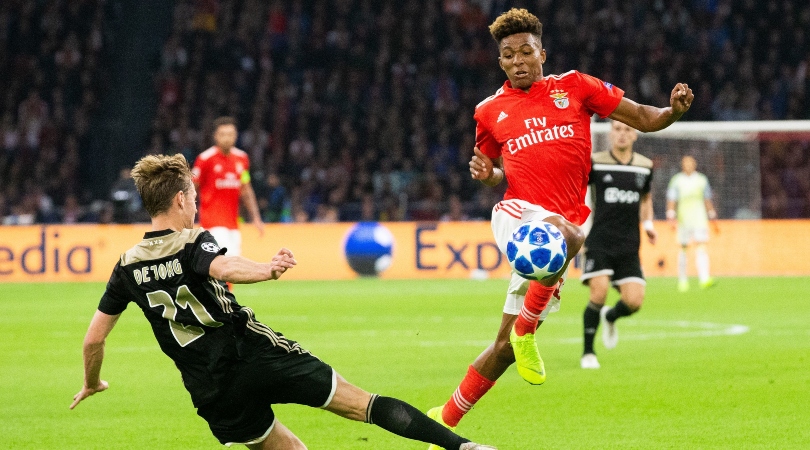
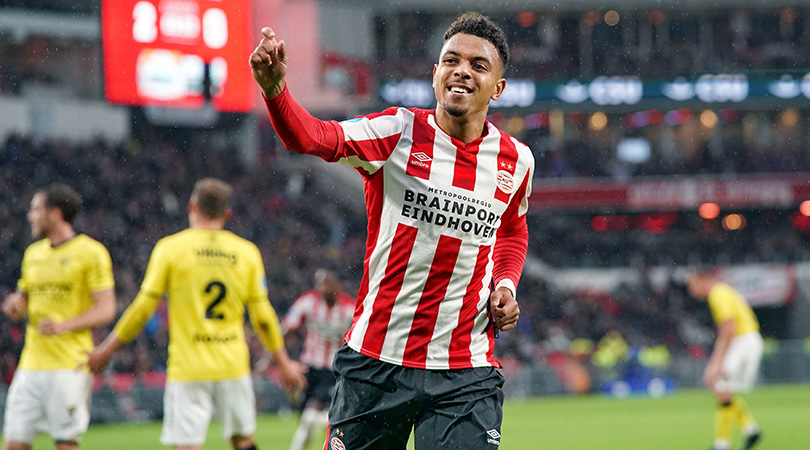
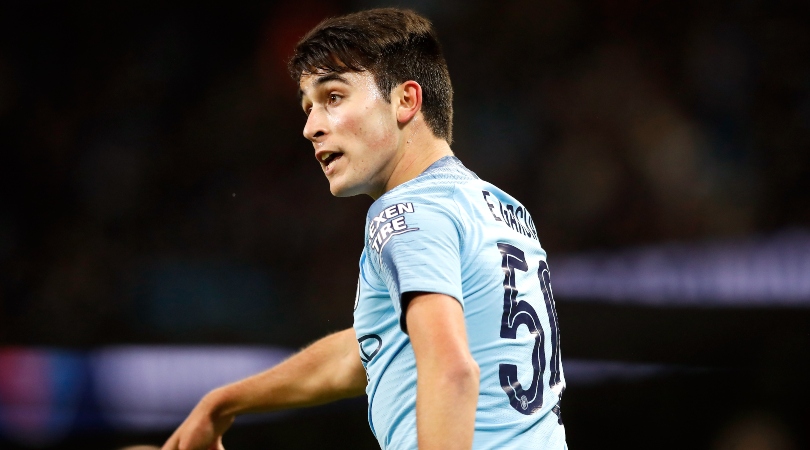
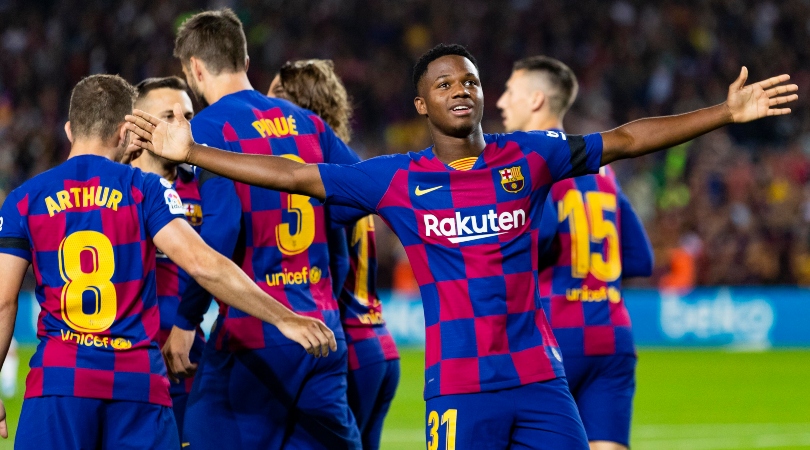
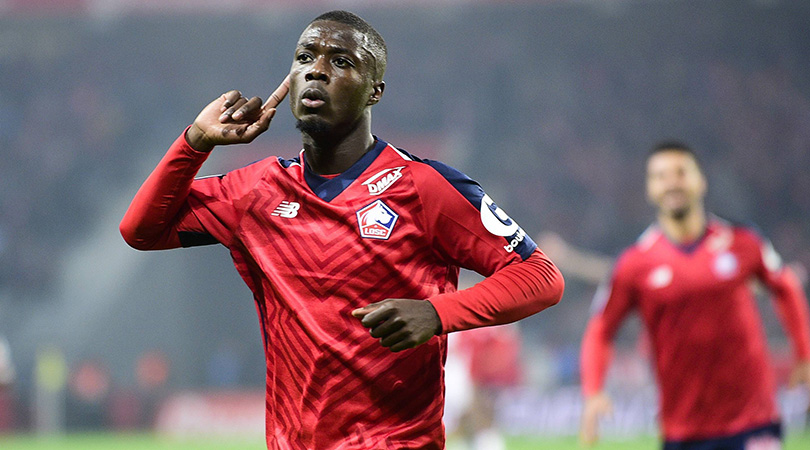
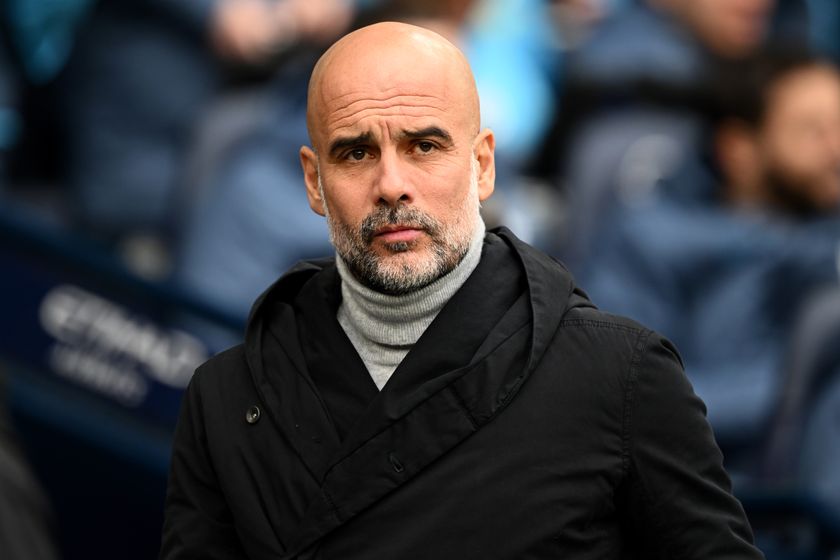

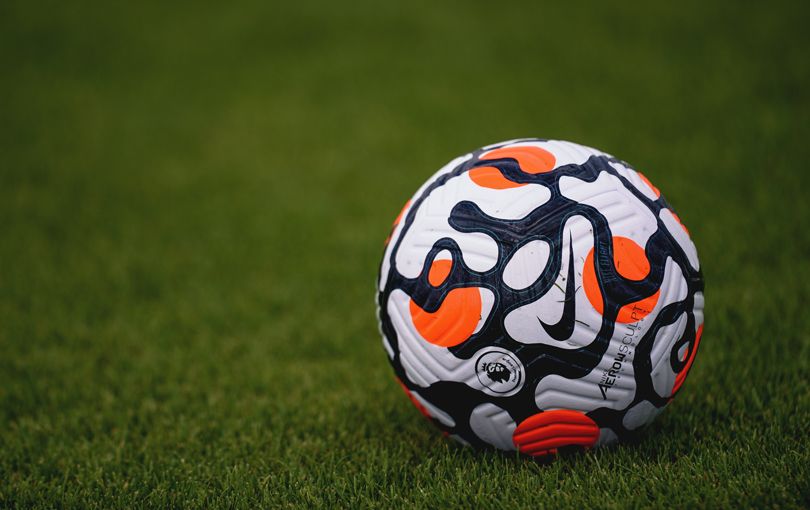
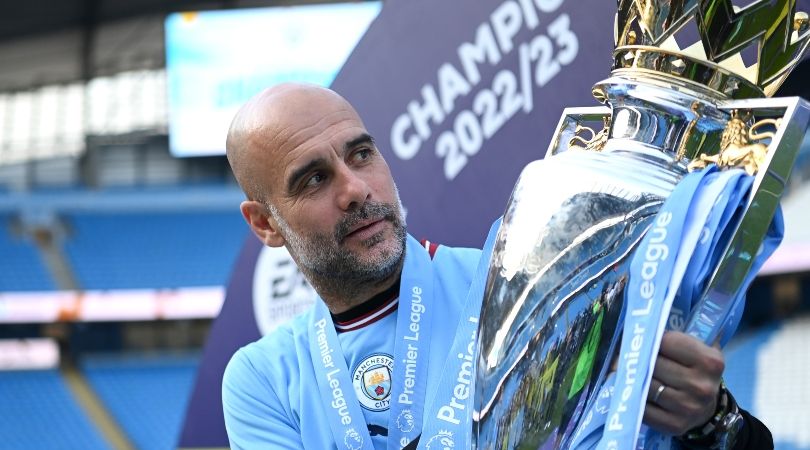
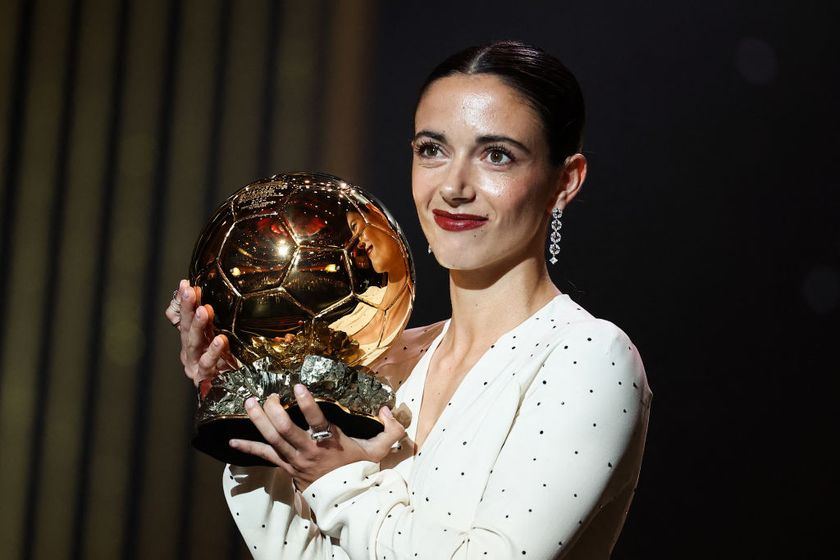
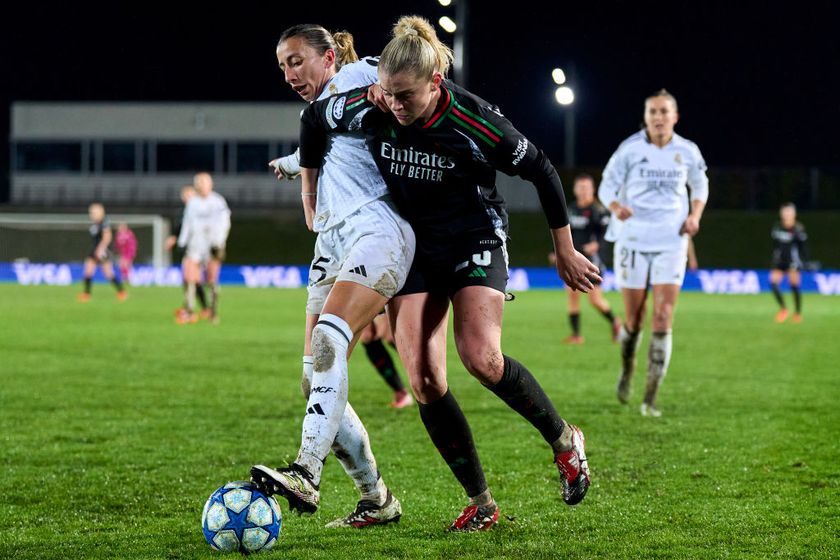

When does the summer transfer window open?

'When I see Phil Foden play, he just seems like a shy lad - that holds him back a little bit. He has been tried in every position, but he just hasn’t performed': Ex-England star makes bold claim about Manchester City man
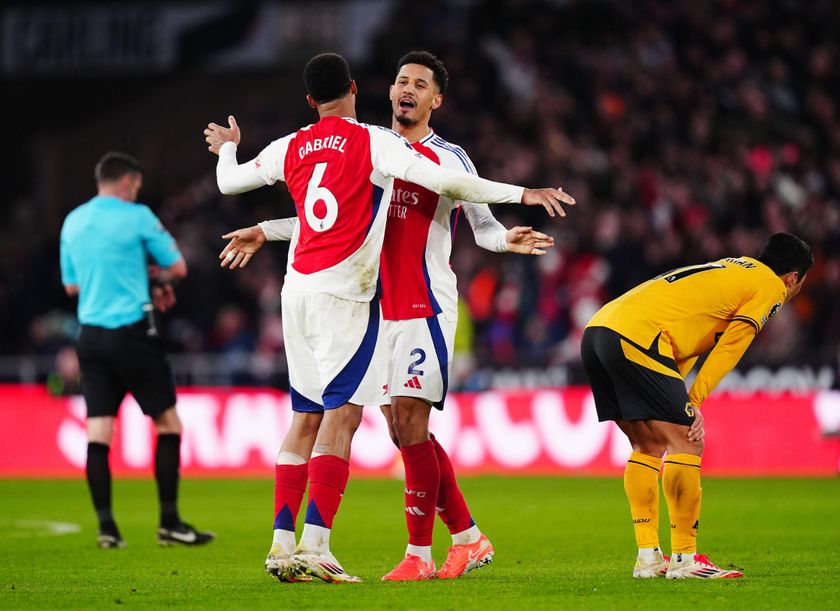
Arsenal face losing Gabriel AND William Saliba, as new fears arise: report

